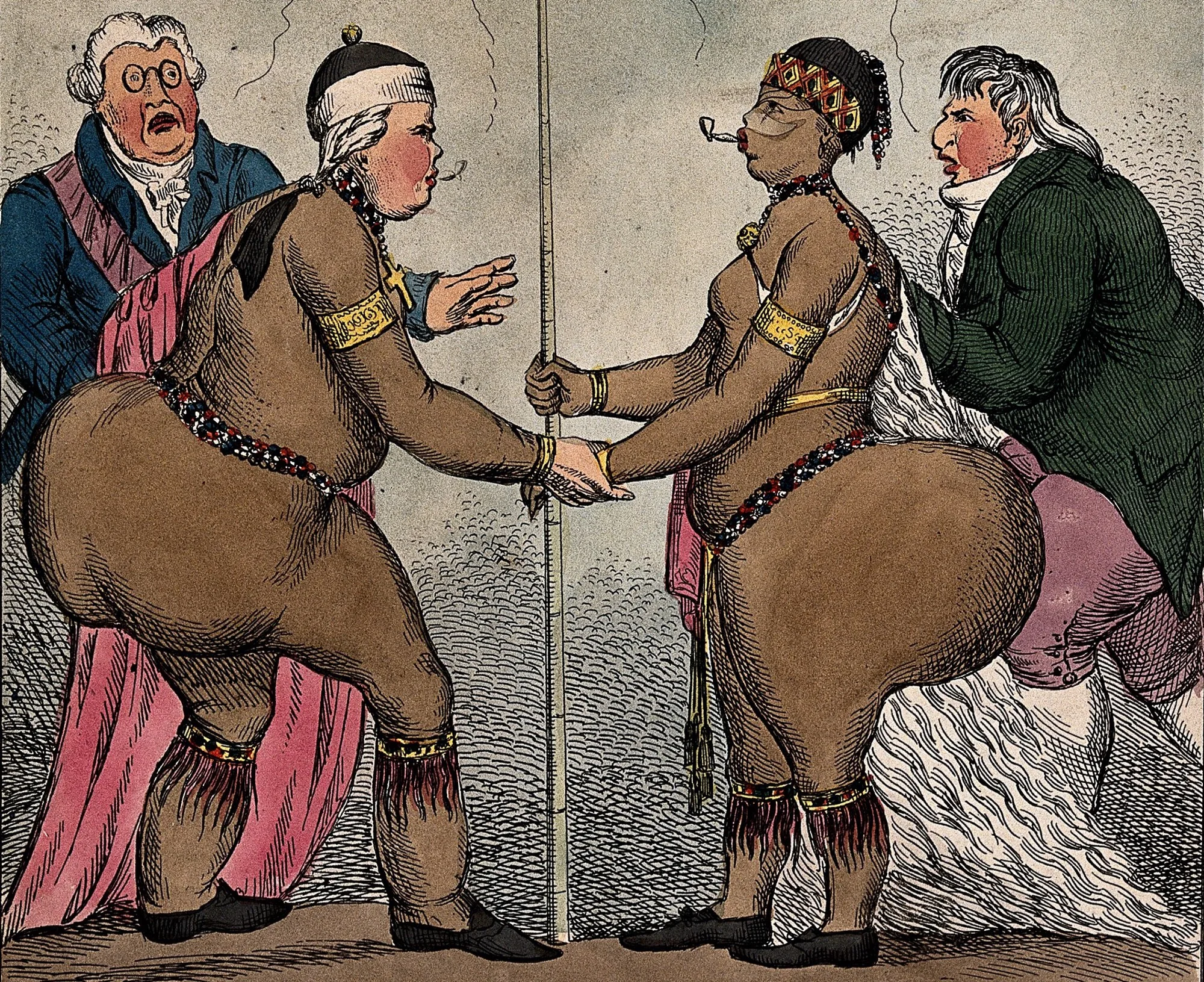There are many different cultures and customs in Africa, and traditionally, women have held positions of leadership, influence over society, and power. Nonetheless, the nineteenth-century arrival of European colonists marked a turning point. African women were objectified and exploited as a result of the fundamentally changing gender norms brought about by colonial ideology and actions. This article explores the various ways in which African women were perceived as primarily sexual entities due to colonialism, a perspective that continues to have implications in contemporary society.
Pre-colonial Perceptions of Nudity and Sexuality
Africa’s pre-colonial societies were diverse, with differing views on sexuality and nudity. Women are depicted in historical images and artistic representations from certain locations, casually attired. Preventing generalisations is crucial, though. It’s possible that these representations don’t fully capture the realities faced by African women. A woman’s occupation or social standing may have affected how much clothing she wore in some civilizations.
Don’t men in this country get erection by all these display? pic.twitter.com/dHu0sPMotM
— BIG 9 (@Innocent_Zikky) March 19, 2024
It’s critical to distinguish between sexual objectification and nudity. It’s possible that in some pre-colonial societies, being nude did not automatically carry sexual undertones. Even with limited attire, women may hold positions of leadership and influence.
The Impact of Colonial Ideology on African Women
There were many different cultures in pre-colonial Africa, each with its own unique perspectives on sexuality and nudity. In certain historical photos and artistic representations, women are portrayed wearing simple, comfortable attire. Still, it’s critical to steer clear of generalisations. It’s possible that not all women across the continent have had experiences identical to these ones. The amount of clothing a woman wore may have been influenced by her employment or social standing in various countries.
African women were never seen as sex objects until foreigners influences.
— Typical African (@Joe__Bassey) August 29, 2023
____
In pre-colonial worldview, women were never seen as sex objects. That's why many traditional photographs show women posing half-naked with less care in the world as such has been their life.
Being… pic.twitter.com/pEhs0eQNrx
It’s also critical to distinguish between sexual objectification and nudity. In certain pre-colonial societies, being nude might not have had any sexual implications. Even with modest clothes, women might be influential and in positions of authority.
These elements worked together to produce a long-lasting legacy that mainly viewed African women through a sexualized perspective.
Resistance and Reframing the Narrative
African women have a long history of fighting injustice and reclaiming their agency. Throughout the colonial period and later, women struggled for their rights and against forced ideas.
- Anti-colonial movements: Many women actively participated in anti-colonial struggles, emphasising the link between gender emancipation and national liberation.
- Modern feminist movements: Across Africa, thriving feminist groups are trying to break down damaging stereotypes and redefine beauty standards on their terms.
Expanding the Narrative
- Cultural Diversity: It is critical to acknowledge the varying experiences of African women from various locations and cultures. Colonialism has varying effects on each society’s rules and practices around gender roles and sexuality.
- Economic exploitation: Colonial governments frequently exploited African women for labour, both domestically and in businesses like agriculture and mining. This economic exploitation further marginalised and objectified women.
- Continued Impact: The legacy of colonialism continues to influence the opinions of African women today. Colourism and Eurocentric beauty standards, as well as the persistence of gender-based violence, are all examples of colonial ideology’s effects on societal institutions.
- Empowerment through Education: Education has been an effective instrument for African women to reclaim their voices and confront repressive structures. Access to education has given women the ability to advocate for their rights and contribute to social change.
Conclusion
Sexual objectification of African women is a complex topic with colonial origins. Understanding this history allows us to combat remaining stereotypes and recognise the tremendous range of African women’s lives. The fight for gender equality continues, and African women are leading the way, reclaiming their narratives and building a future free of objectification.














